“We have been praying for over 15 years to be able to do what we're starting right now.”
Melania Toledo, our new project manager in Ecuador, shared on a staff Zoom call the story of how her organization, Fundación Casa Mis Sueños, came to partner with Love Justice this year.
Since modern slavery happens in every country, we are always working to expand our reach. Ecuador is one of our newest expansions. We love finding partners who share our passion for the relentless pursuit of justice and freedom. Hearing her story and seeing her heart for the people of Ecuador, we were excited to find that passion in Toledo and her team.
Toledo and her family are from Guatemala, but when she was six years old, her parents moved the family to Ecuador to become missionaries. The family eventually moved back to Guatemala, but Toledo said she felt God call her back to Ecuador in a dream:
“In the dream I could see all these women being restored and finding freedom in God. At the end of the dream, I was in this huge Catholic church in downtown Quito, which is the capital of Ecuador. I was on the floor screaming and hitting my fist on the floor, and I was screaming in English. I don't scream in English; I don't dream in English, but I was screaming, 'There's destiny for Ecuador, there's destiny for Ecuador, there's destiny for Ecuador!' And the seventh time I screamed this, I woke up sitting on my bed in Guatemala, crying and screaming, 'There's destiny for Ecuador!'”
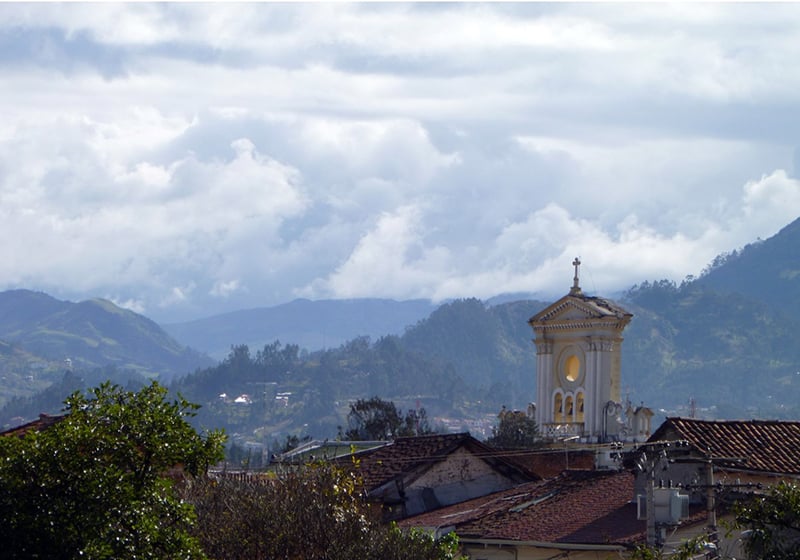
Uncertain what to do when she got there but sure of this next step, she moved back to Ecuador in 2004. Her brother, who pastors a church in L.A., asked if he could bring a team of people he had already been training. When the team came, Toledo and her sister translated for them and brought them to an area known for heavy partying. They soon discovered this area was known for more than just parties—it was a red-light district.
“That was the first time I felt the reality that we owe the world a true encounter with the unconditional love of God,” Toledo said.
After her brother and his team returned to L.A., Toledo and her sister started visiting the red-light district as often as they could, building relationships with the girls and guys there. Soon they started visiting the juvenile detention centers too, bringing food and games and mentoring the youth there. Toledo says the directors of both detention centers asked them to continue coming and to train other organizations that wanted to visit as well.
“We know it is God because we had no experience with this; we had no idea what to do. We just knew we owe this world a real encounter with the love of God,” said Toledo.
 Ecuador’s location between Peru and Colombia makes it an important transit point for smuggled cocaine, which Mexican drug cartels control through local gangs. BBC News reported 119 inmates killed in a prison riot last September, and 68 more killed at the same prison not even two months later—events that “shocked the country and exposed the power of gangs operating in its jails.”
Ecuador’s location between Peru and Colombia makes it an important transit point for smuggled cocaine, which Mexican drug cartels control through local gangs. BBC News reported 119 inmates killed in a prison riot last September, and 68 more killed at the same prison not even two months later—events that “shocked the country and exposed the power of gangs operating in its jails.”
To combat gang recruitment in the jails, Fundación Casa Mis Sueños opened a program to receive girls released from the detention center. In this program, the girls learn skills to help them transition back into life outside the jail—skills like managing finances, taking care of their health, cooking, sewing, and being a mother. They also learn social skills and etiquette and sometimes receive tutoring for higher education.
“We love that we get to be an option there for them. We want to give them the idea of family—that they belong somewhere and are part of something,” said Toledo.
Toledo and her team found that many of the girls that entered the program from the jails or from the red-light district did not have dreams of their own, only dreams for their children.
“We thought, ‘They need to start dreaming again,’” said Toledo. “And we can dream with them; we also have dreams. And God has a dream for Ecuador, and we believe His dream is an Ecuador free from sexual slavery.”
Toledo quickly realized how critical it would be to reach these women before they were sold into prostitution. Many of the girls had experienced trauma from abuse on the streets, and it was difficult to bring them out and find them other jobs.
The need was on her heart, but she felt incapable of starting something in human trafficking prevention without the relevant skills and experience.
Then, a Love Justice staff member connected with Toledo and invited her organization to be a part of our transit monitoring method.
“We cried a lot together, sharing about our dreams and feeling the heart of God for this,” Toledo said about her meeting with the LJI staff. “The dreams that God has given us—they are not my dreams, they're His dreams, and even if we go through hard things or hard moments in our lives, it doesn't stop because it's not mine, it's His.”
Now some of the people that Fundación Casa Mis Sueños has helped in the past are training to be monitors to prevent human trafficking in their country.
“They have always dreamed of being able to give back what God has given them, and they have experience we don't have. They are so brave and they love these people,” Toledo said, beaming as she spoke.
“I am so excited about what God is going to do and what He's already doing. Ecuador hasn't been known for anything, but I think we're going to be known for many things—good things from now on.”
To learn more about our anti-trafficking work being done across the globe, visit here.
*All data and statistics current at the date and time of publishing. Names changed, and some specific locations excluded for privacy and security purposes.
-1.png?width=500&height=500&name=LJI_MAINLOGO_WhiteBackground%20(1)-1.png)
/Ecuador%20peoplemarket.webp?width=1080&name=Ecuador%20peoplemarket.webp)

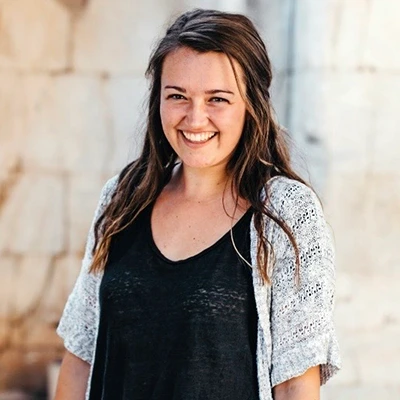
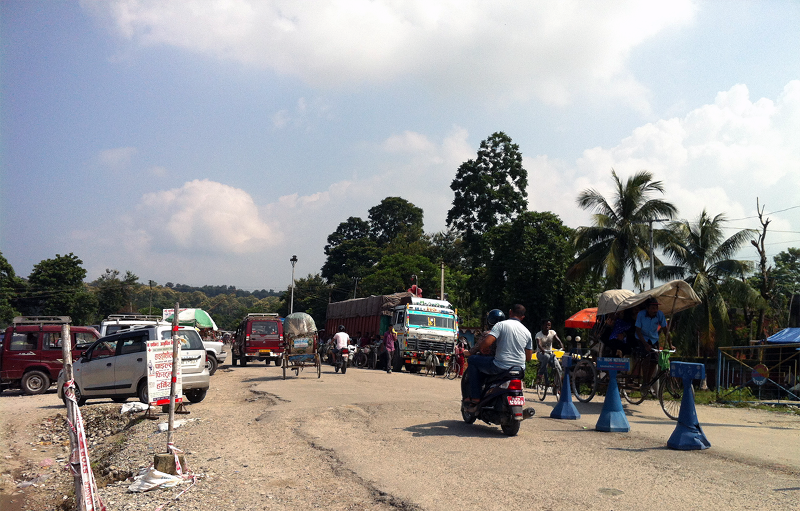
/bimala_feature_blog.webp)

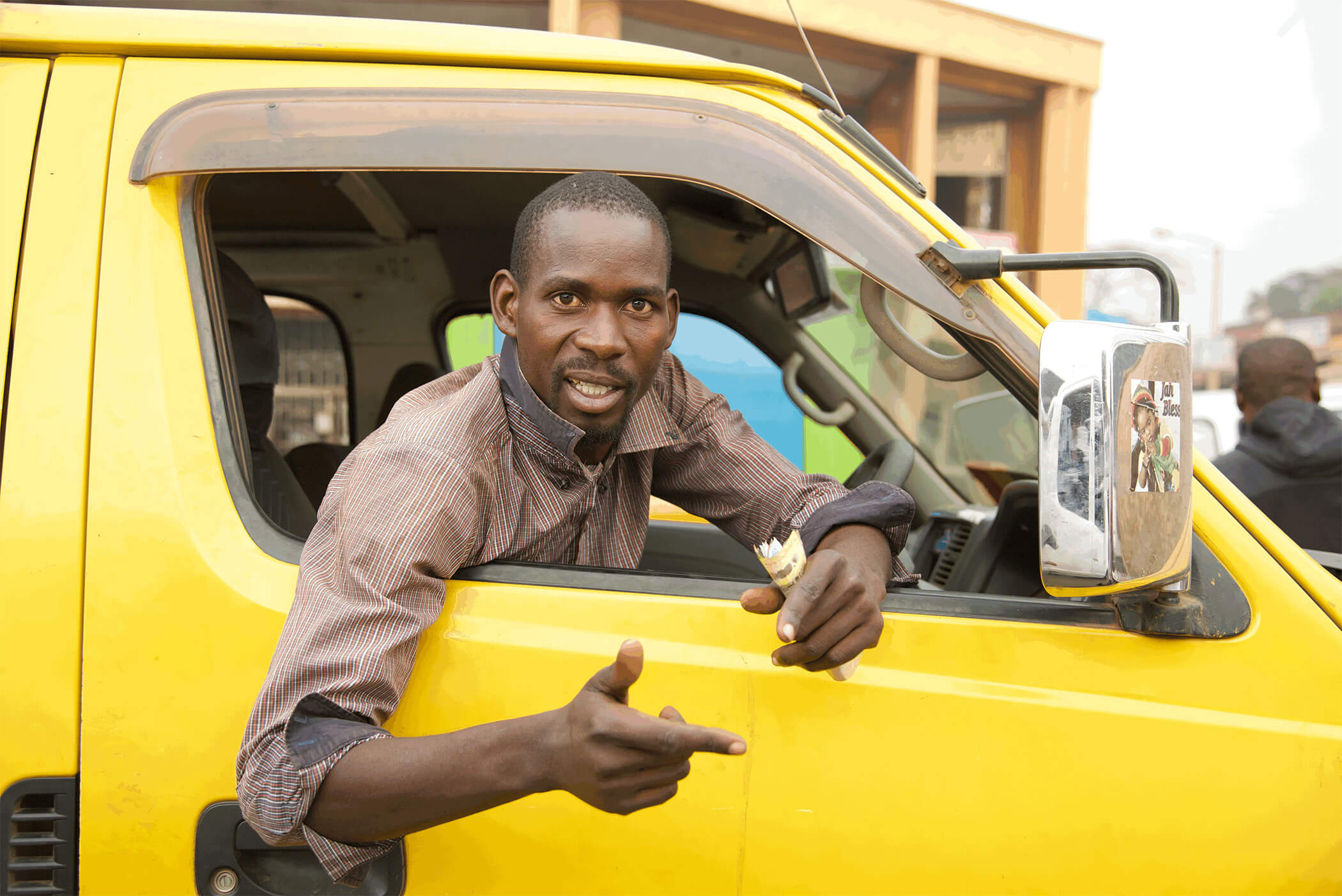
/boy_girl_asia_streets.webp)

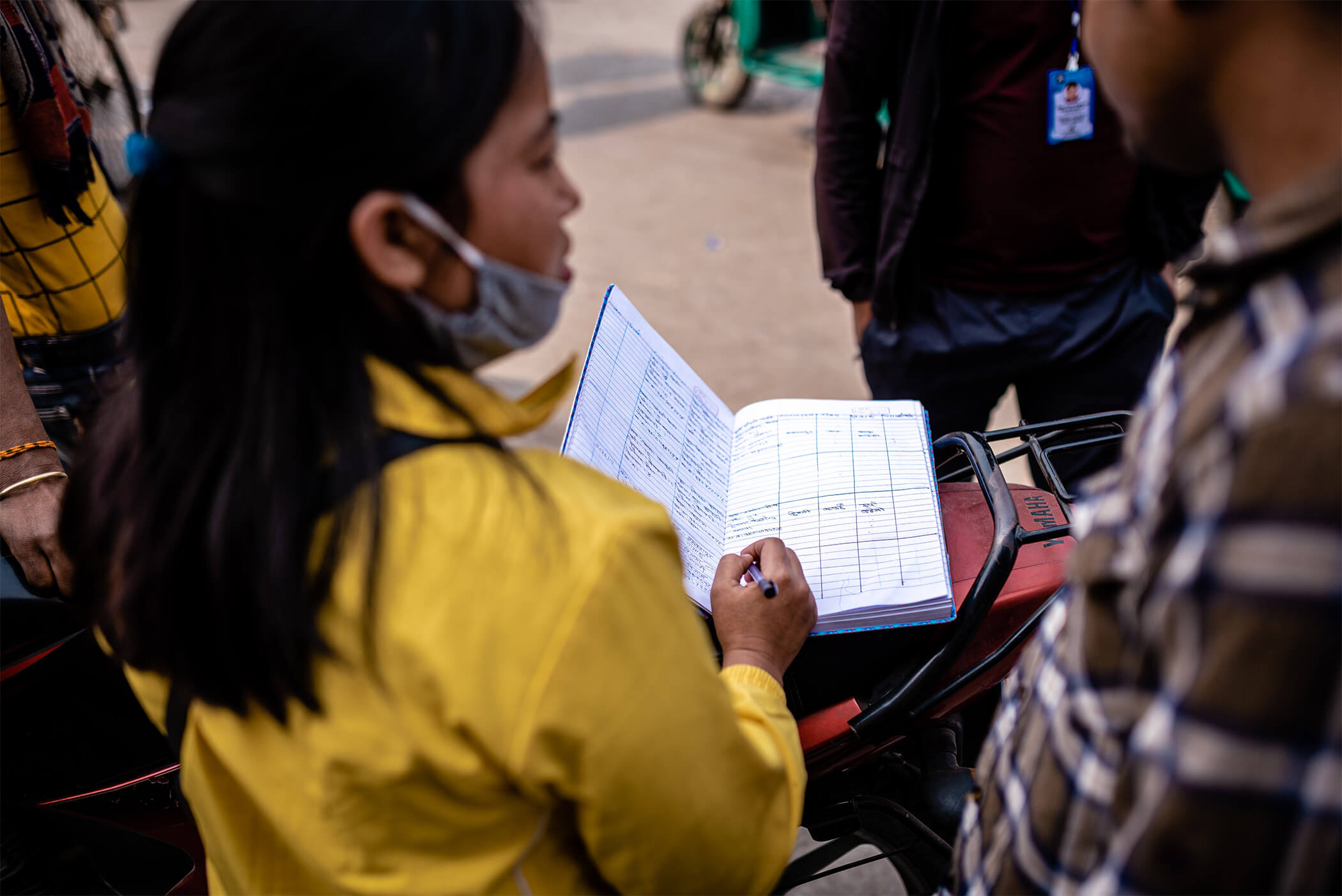


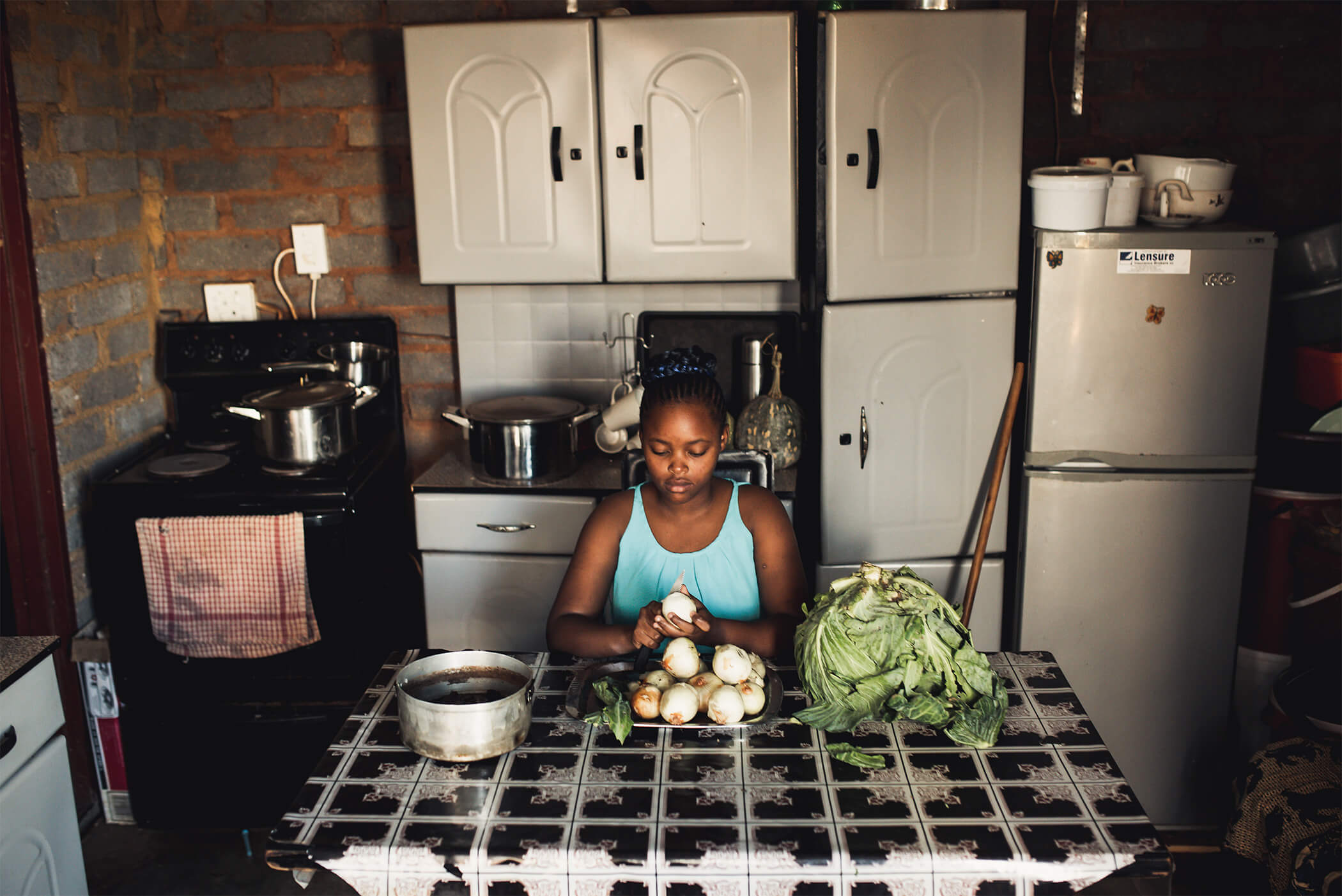

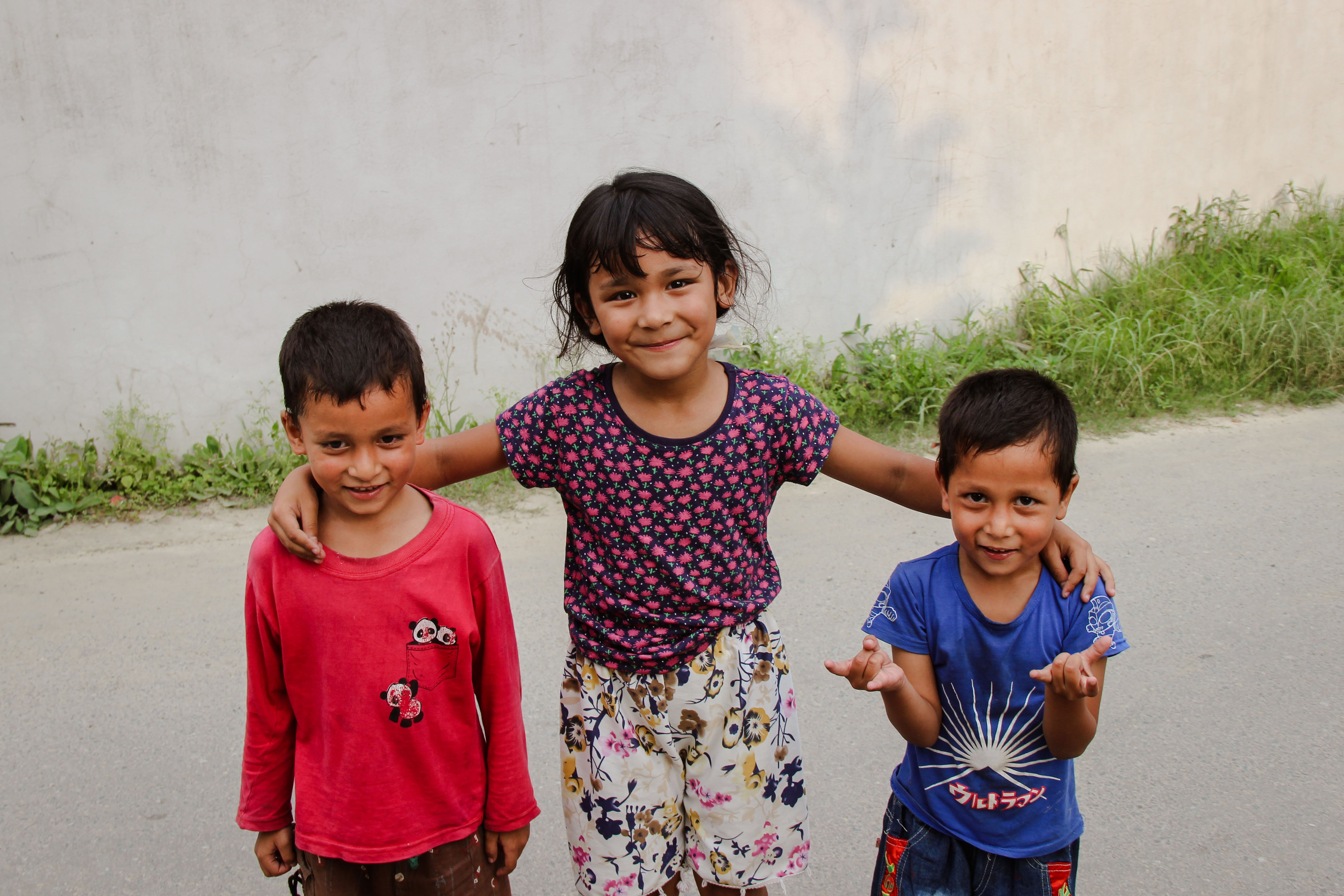
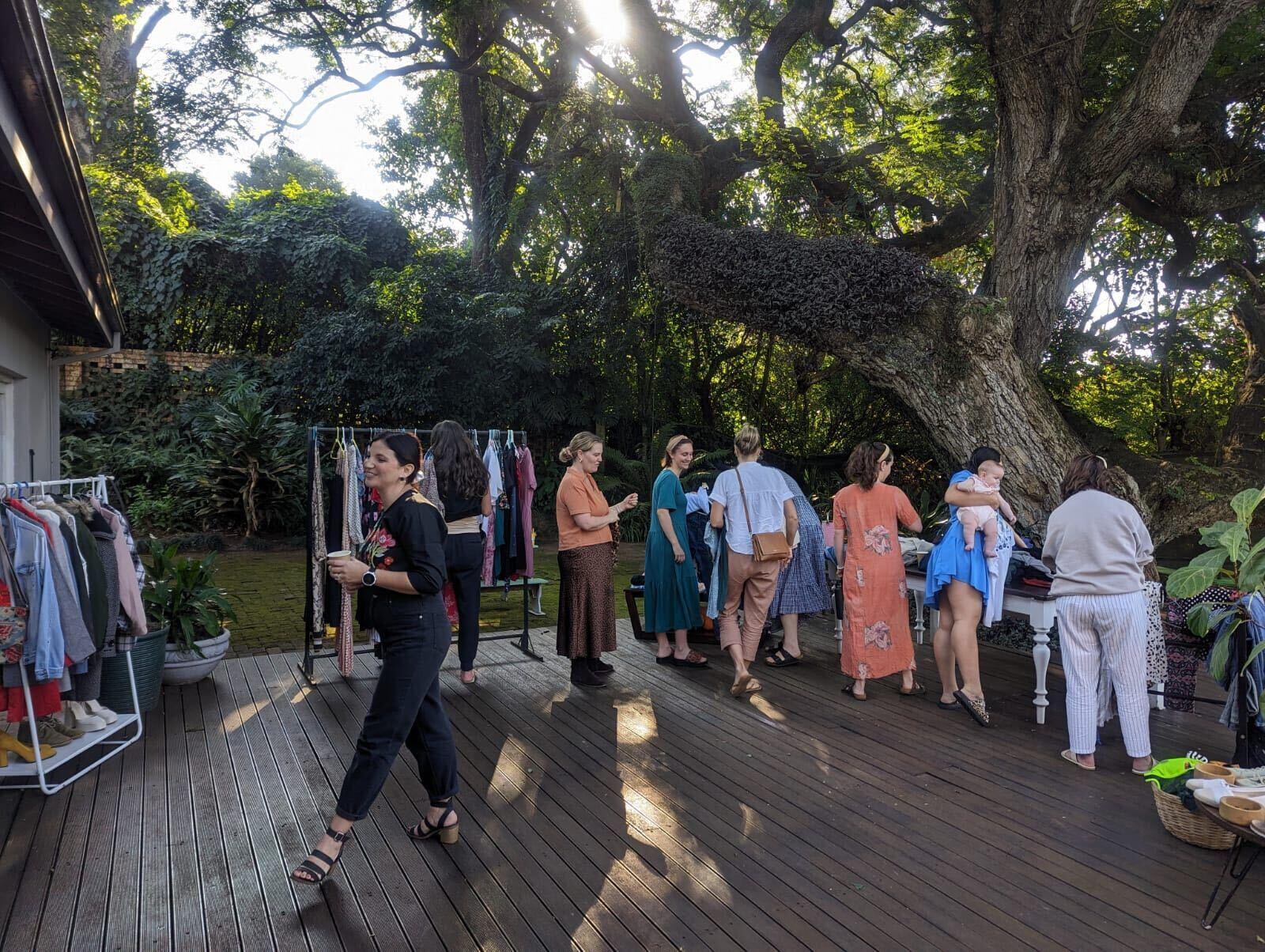
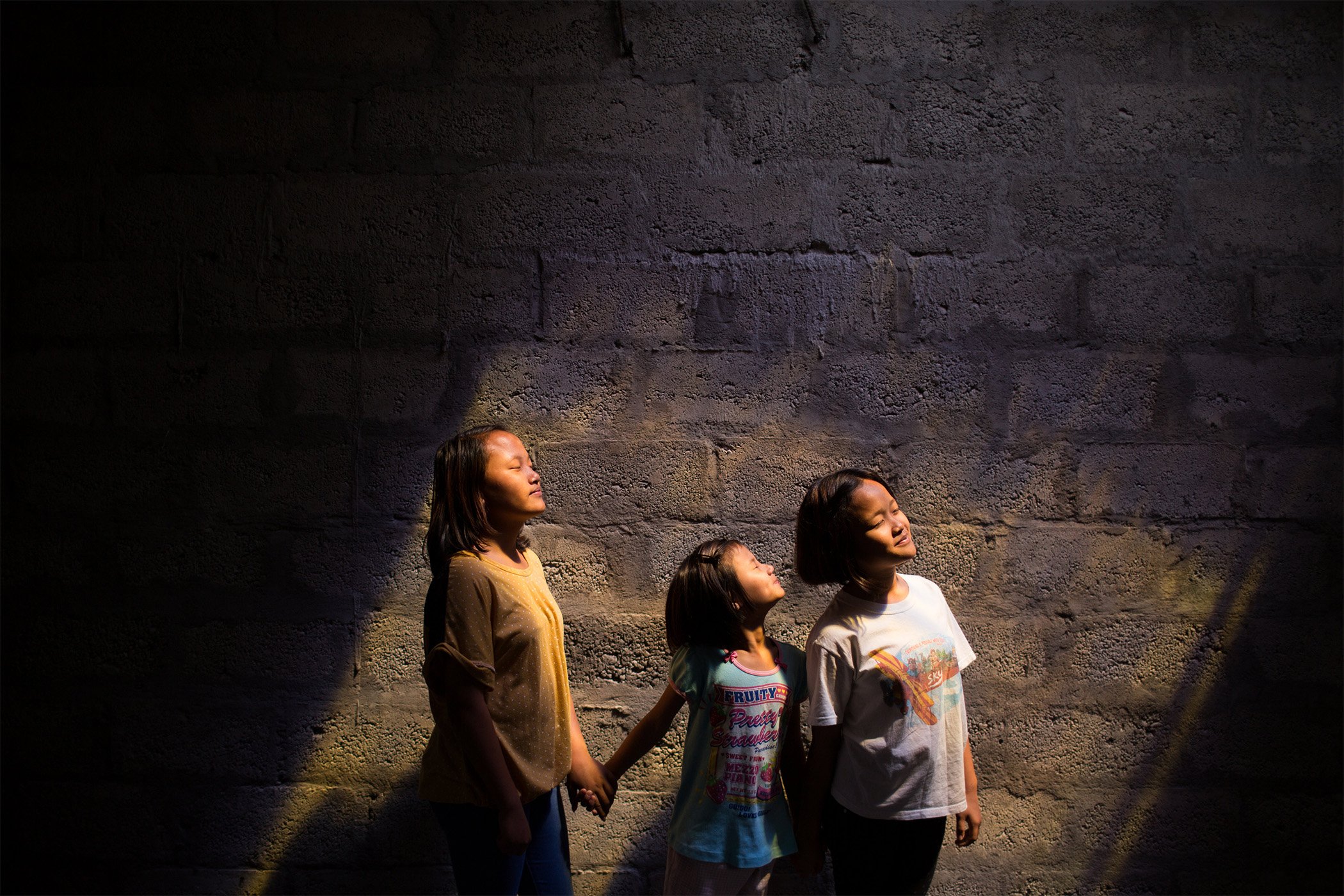

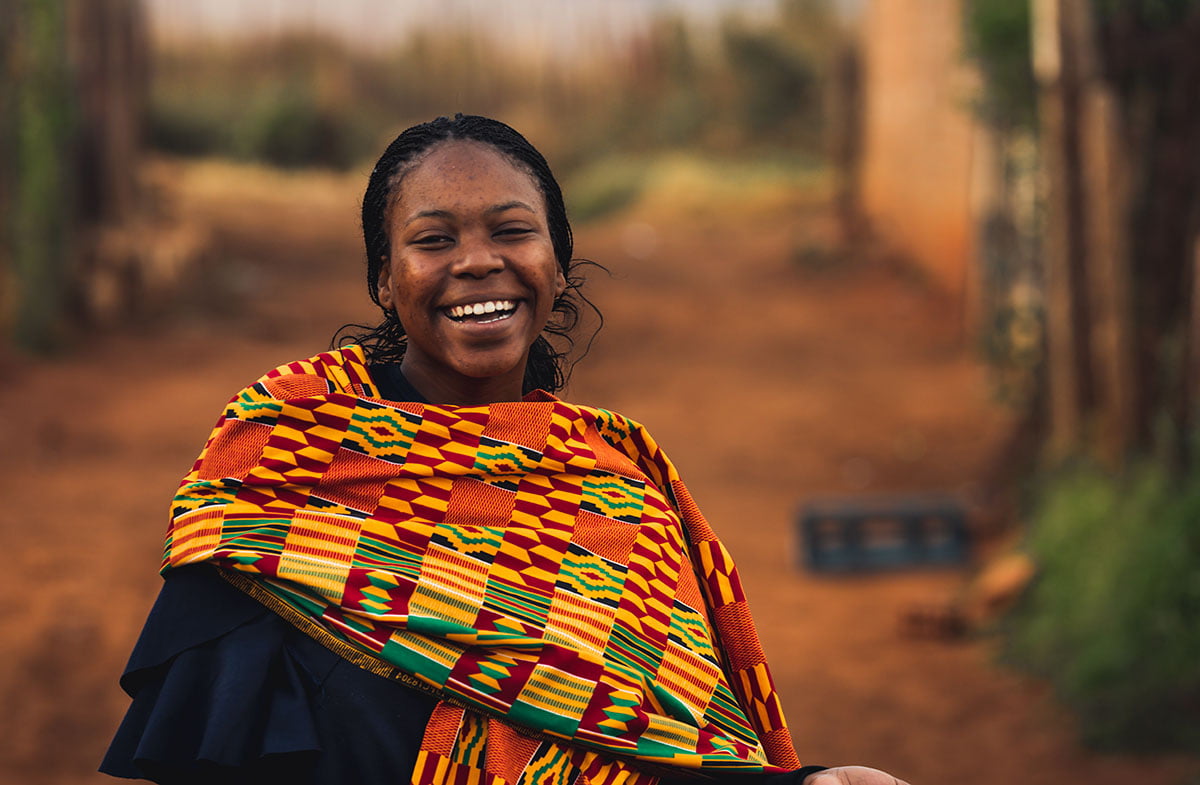
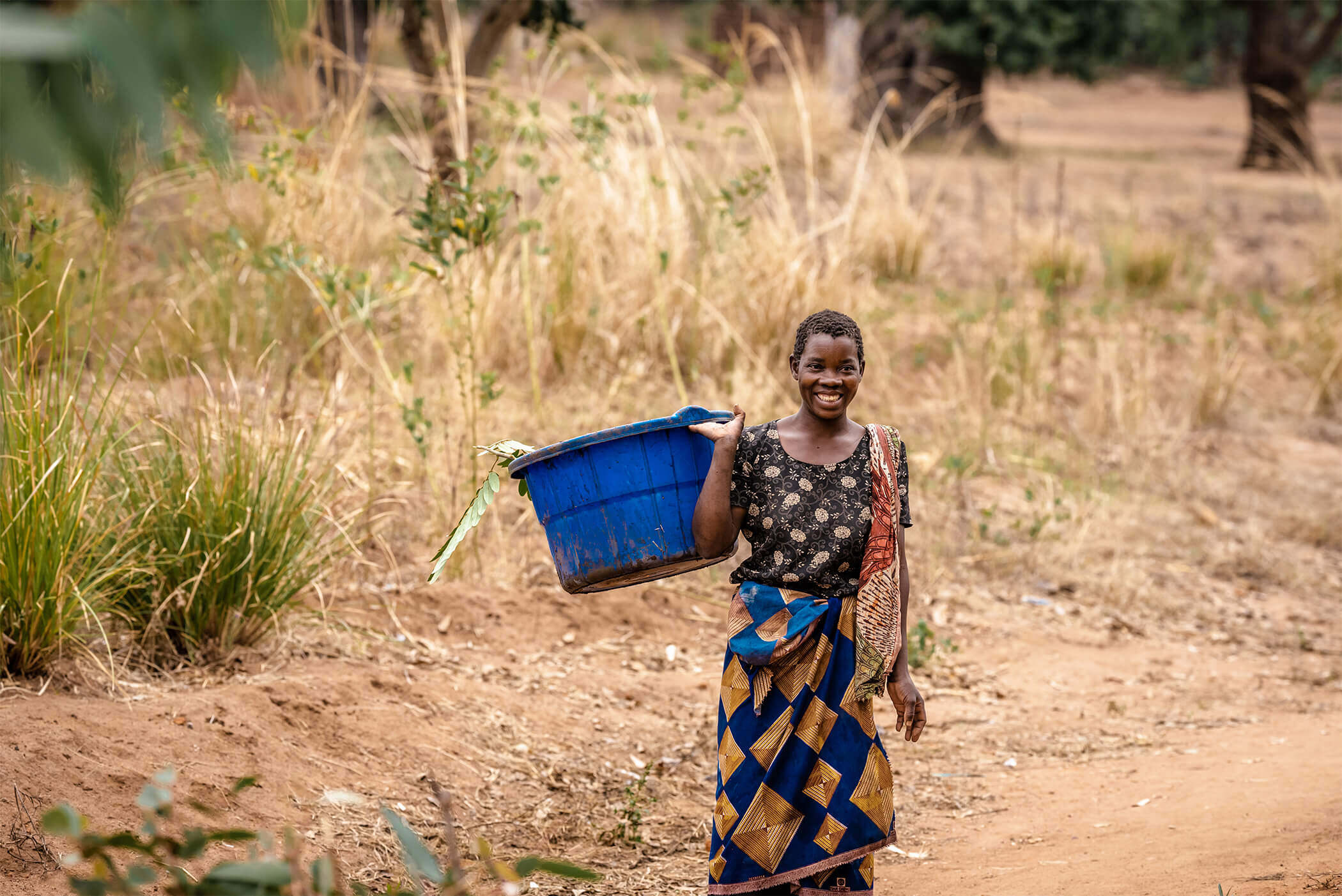
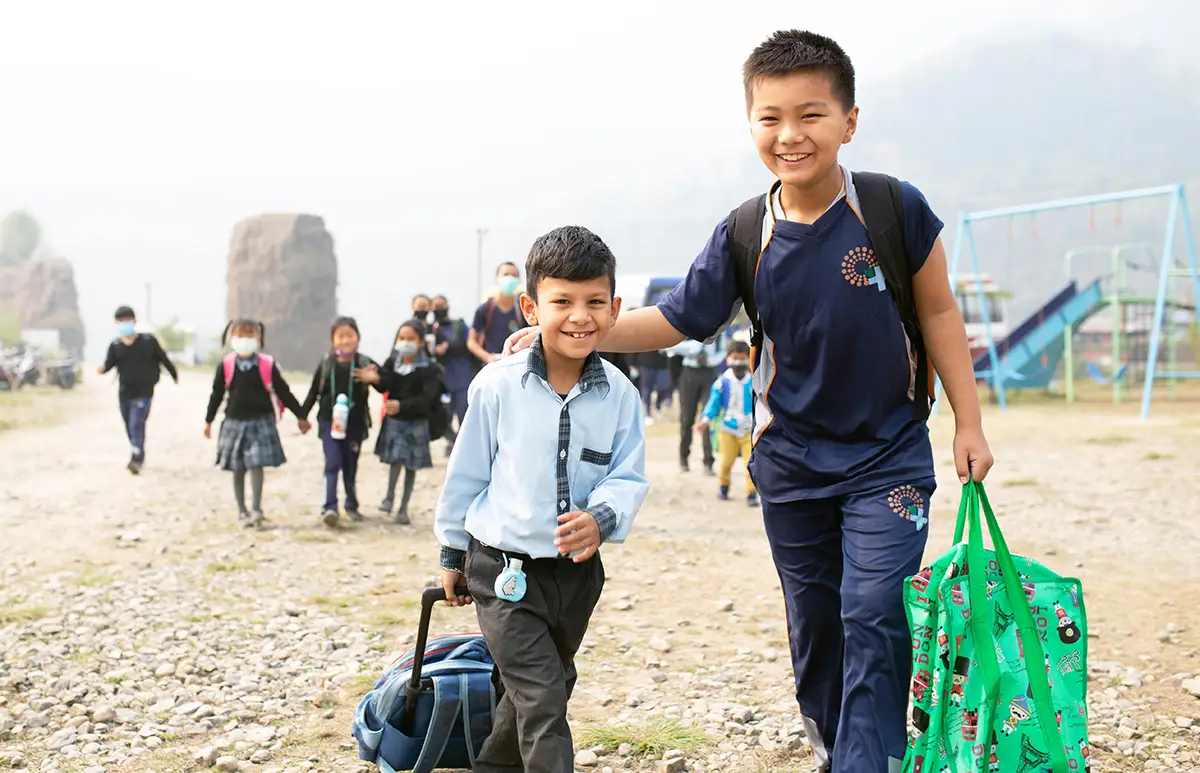
/young_man_sitting_africa_4.webp)
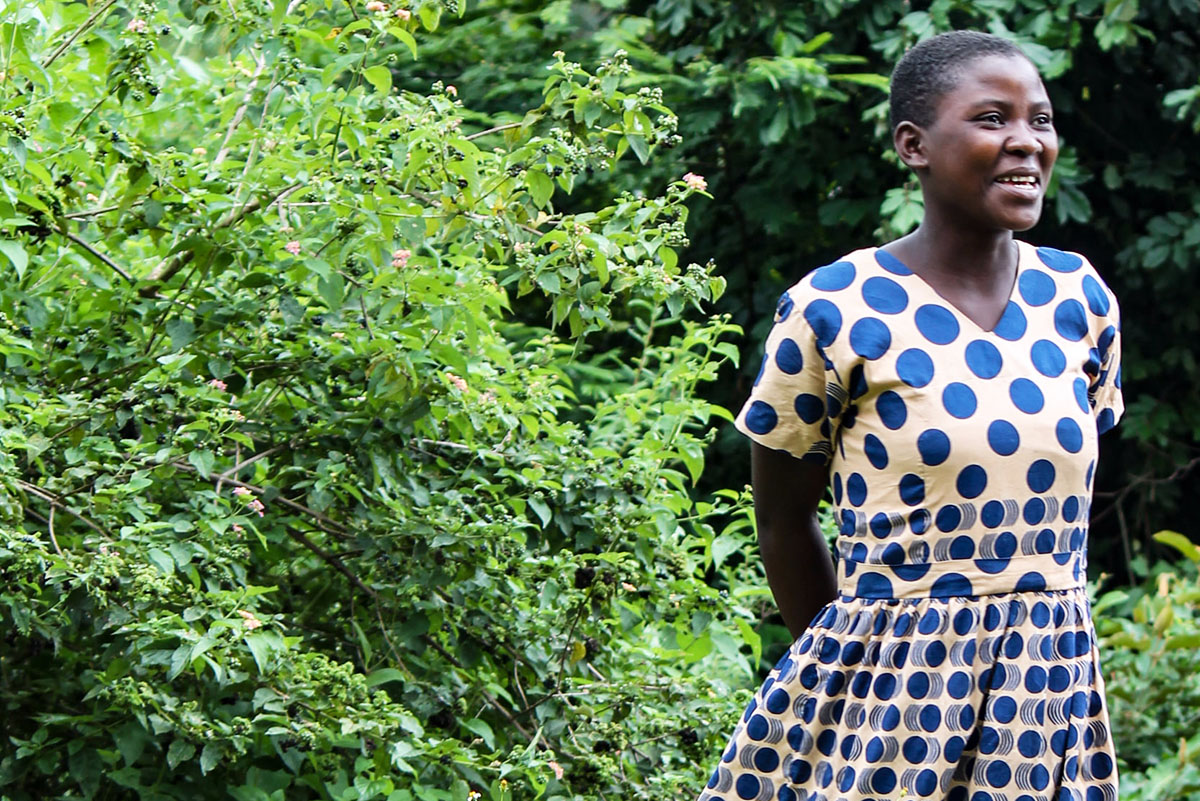

/LJI-YearEndImages-AfricaGirls7.webp)




Post a comment